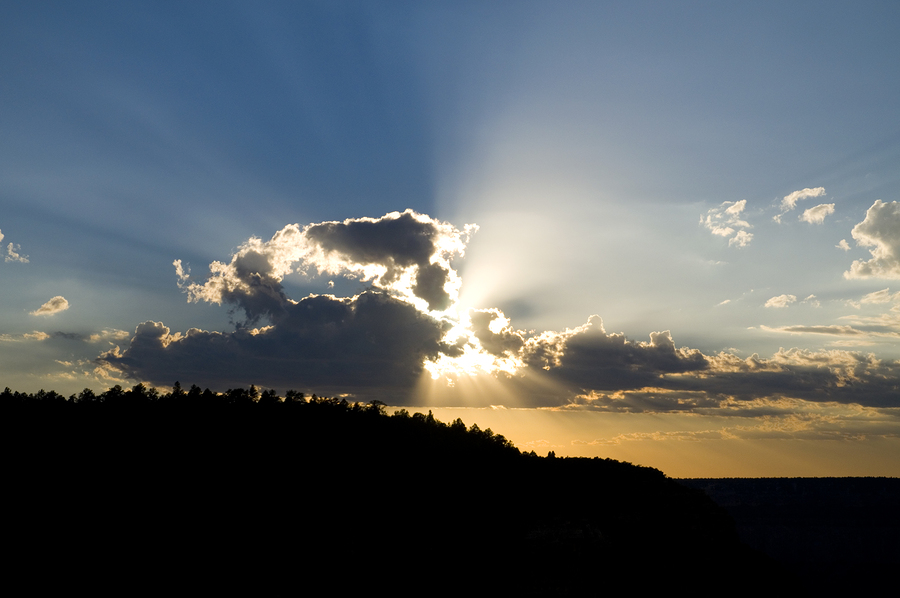Do you celebrate with them?
When people are full of joy because they’ve succeeded or won an award, do you celebrate with them?
Or is there a part of you that’s resentful and jealous?
I hope you answered yes to the first question.
This is on my mind because Sunday night I watched the Emmy Awards [for excellence in television] here in the U.S. And even though I watch so little television that I had seen only a fraction of the nominated shows, I enjoyed it. And I was happy for everyone.
For me, joy is infectious. And celebration of achievement inspires us.
Every one of the winners was once an unknown who struggled, possibly starting out barely able to pay their rent or buy food. But they stuck with their dream and succeeded.
That’s inspiring.
Learning how to think
This is an excerpt from The Wind Is My Mother about learning how to think. Bear Heart speaks:
Native American children got a very well-rounded education from our elders. We didn’t just learn about hunting and legends.
One elder once sat down three of us boys who had just reached puberty and asked a theoretical question: “Suppose you were married and your wife and child were about to drown in the river. Which one would you save?”
One answered, “I’d save my wife.”
“Why?” He had to give a reason right there.
“The child is innocent and in its innocence it can go on. My wife and I could always have another child.”
Then the elder turned to another. “What about you? Which one would you save?”
“I’d save my child.”
“Why?”
“My wife and I would already have had our life together and the child needs a chance to live its life.”
“What about you?”
I answered, “I love my child in a very special way and in another special way I love my wife. We might all drown together but I’d try to save both.”
None of these answers was right or wrong. What this elder was doing was teaching us how to think, set priorities and give reasons why.
What’s the latest miracle drug? Sleep!
Sleep gets short shrift in our society. Health advocates promote the importance of diet and exercise, but sleep is seldom mentioned.
Yet it’s the third leg of the health tripod.
We spend over one-third [36%] of our lives doing it. So if you’re 90 years old, you’ve spent 32 years asleep. Sobering, isn’t it?
The latest research shows that sleep is a bit of a miracle drug and we should all be taking it more seriously.
I’ll admit that I have spent a fair amount of time in my life fantasizing about how much more I could get done if I had more waking hours. I’ve even written posts on how to be more productive.
But no less a power player than Arianna Huffington, in her TED talk, sang the praises of getting enough sleep. That’s a position she moved to after fainting from exhaustion, hitting her head on her desk, and breaking her cheekbone requiring five stitches on her right eye.
Getting enough sleep improves your life in so many ways that it could be considered a key to success, in spite of Margaret Thatcher saying sleep is for wimps and Thomas Edison’s proclamation that it’s a criminal waste of time.
There’s a little bit of Chernobyl in us all
I’ve been reading with alarm the stories of radioactive fish being caught in the Pacific Ocean as a result of the Fukushima nuclear plant disaster in Japan in 2011. Including radioactive bluefin tuna caught recently off the California coast.
Fukushima is the largest nuclear disaster since the Chernobyl disaster in 1986, both measuring Level 7 on the International Nuclear Event Scale.
Even after the initial radiation leakage that occurred in 2011 as a result of the earthquake and tsunami, the Fukushima plant has continued to leak radiation into the Pacific Ocean.
There are no signs of it stopping because Japan can’t even figure out why it’s leaking.
All fishing off the Fukushima coast has been banned by the Japanese government, though restrictions were eased in June 2012 allowing fishing of 16 types of marine life.
But here’s the thing: fish swim. And they can swim from Japan to the U.S. coastline. A bluefin tuna tagged by scientists was found to have crossed between Japan and the West Cost of the U.S. three times in 600 days.
Japanese and U.S. officials claim that the amount of radiation found in the bluefin is safe. But the overwhelming scientific opinion is that there is no safe level of radiation.
So there isn’t a consensus. But here’s what you can rely on: governments will lie to us and downplay the danger.
So we’re on our own and have to fend for ourselves on what to eat and how to stay healthy.




